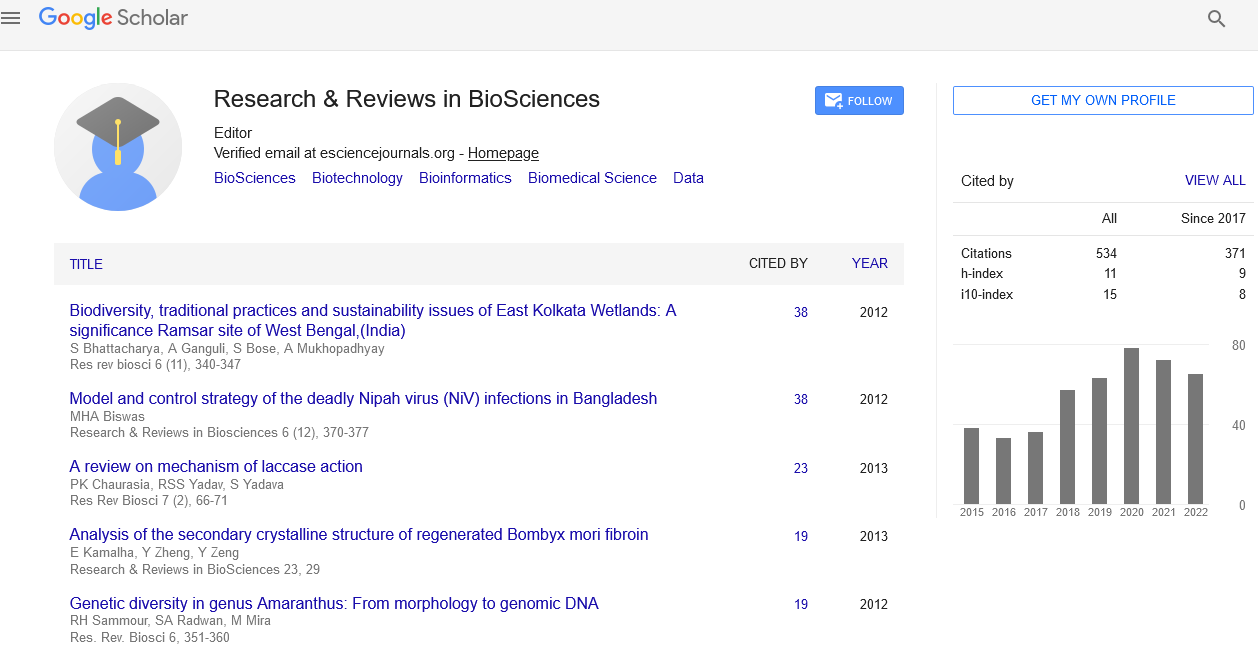Abstract
Biological control of insect pests: Success and failure of various programs
Author(s): Luke Chinaru NwosuMan has probably been plagued by insect pests ever since he began to grow crops and rear animals. Worsened by the ability of these pests to emerge and re - emerge, man, his crops, livestock as well as his socio - economic status stand on the threshold of destruction. Challenged by this danger and frustrated by the demerits of chemical pest control, man began to explore the use of identified natural enemies as agents of bio control to manage potentially damaging population below levels that they can cause economic injury. Such agents as predators, parasitoids, parasites, pathogens pose a very bright promise as tools within the context of integrated pest management especially in agriculture and public health. Augmentation, conservation and importation are the three basic approaches of bio control. Of these three, importation/classical bio control has undoubtedly proved to be the most rewarding while augmentation is least sustainable. Irrespective of the approach adopted, biological control has recorded tremendous success. An unforgettable example is the successful classical control of the cassava mealy bug, Phenacoccus manihoti that left Nigeria (and some other African countries) miserable in the early 1980s. Undoubtedly, biological control has much appreciable merits over other pest control methods. It is devoid of environmental pollution, cost effective and generally maximizes pest mortality. Indeed, the technological and political challenges facing biological control at least in Nigeria necessitated the need to assess its current status with a view to finding out the successes or failures of various programs. The study projected that despite some constraints, a more sustainable biological control of insect pests could await its advocates if the sustainable factors become availability consistent.
